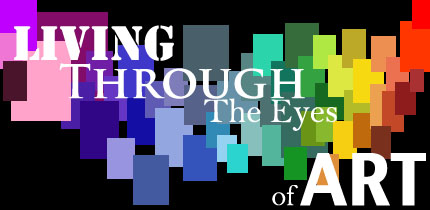Looking into how the use of alternative art spaces can be utilized to reach a wider audience in the UAE.

A couple of weeks ago, I passed by Al Serkal Avenue in the Al Qouz Industrial Area, which recently became an artistic hub for arts and culture in Dubai. Galleries Night was taking place, which is when galleries open their doors to unveil their latest exhibitions. It is a recurring event that marks the beginning of the new art season in March of every year, and is followed by another event in the second half of the year (in November), which reveals a new of art exhibitions. The event consists of an hour-long VIP preview followed by a three-hour public event. What I have noticed during these events hosted by the Al Serkal Avenue is the audience. It is more diverse compared to any regular day in a gallery around town, which brings me to the concept of making art accessible to the masses. There is a generic notion associated with visiting an art gallery in its traditional set. You either have to be an artist yourself or a part of a social group that is particularly interested in art.
Unlike traditional venues, the idea of converting industrial warehouses offers a dynamic platform for art to be showcased. It increases the chance of appealing to a wider audience. Al Serkal Avenue demonstrates that by differentiating itself from any gallery located in a high-end part of Dubai, such as DIFC. The main distinction is the location of the avenue where galleries are based in an industrial area surrounded by showrooms and garages. It took some time to pick up within the community, but people now do associate Al Qouz with art galleries in addition to it being an industrial area. Ever since its humble beginning in late 2007, Al Serkal Avenue has become one of the most prominent hubs for contemporary art in our region.

A similar use of alternative spaces took place in Sharjah during the latest Sharjah Biennial 12, where an abandoned ice factory was transformed to exhibit art. The location was isolated and everyone visiting had to take a bus to the Kalba ice factory situated in Sharjah’s East coast. The trip to reach the location added an extra element to the experience as a whole. There was a sense of anticipation and eagerness that won’t be found going to an art gallery located in a shopping mall for example.
Not only are Dubai and Sharjah making use of alternative art spaces, Abu Dhabi recently joined them too. To keep up with the ongoing plans taking place in Saadiyat Island, Abu Dhabi residents witnessed the opening of Warehouse421. It is the new kid in town, the latest project by Salama Bint Hamdan Foundation, which is located in Mina Zayed Port in Abu Dhabi. Once again, it is the uniqueness of the location which determines how ambitious the vision is. The more unlikely the association of the place with art, the more challenging and exciting it is to witness the growth of an artistic hub within time. All these examples I mentioned took place in 2015, which reassures me that art in the UAE is paving its way for a broader audience.
Sign up to Sail Newsletter
Never miss another article!
Thank you for subscribing.
Something went wrong.
